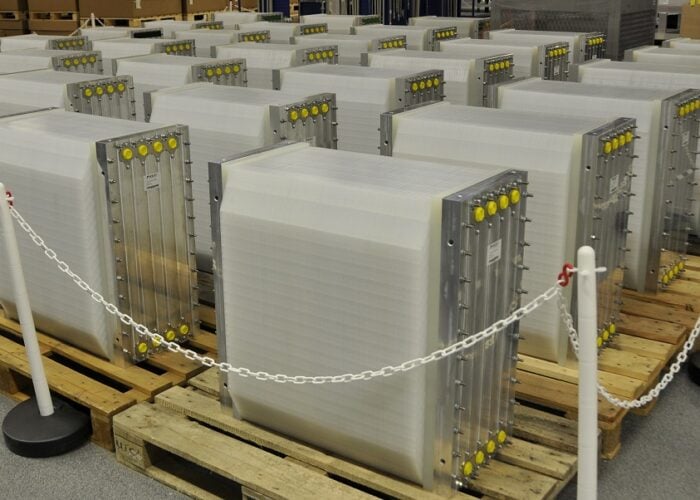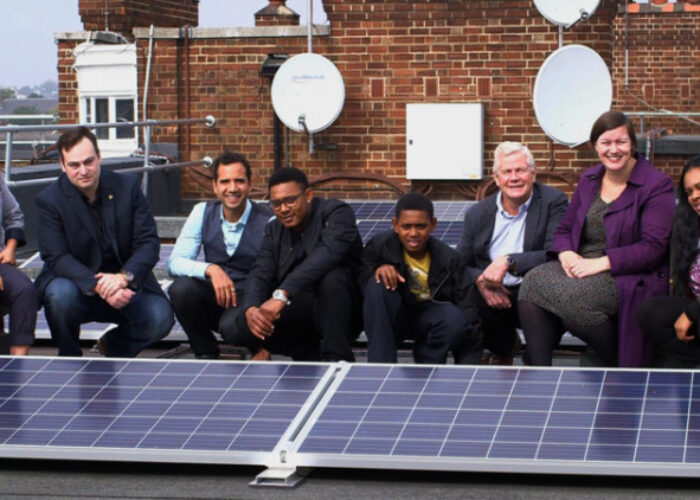The UK solar market must “unlock” deployment on commercial buildings if the technology is to continue its cost-reduction path to a subsidy-free future, Britain's Renewable Energy Association (REA) has claimed.
This morning the REA published its annual Renewable Energy View report, compiled in conjunction with Big Four consultancy firm KPMG and Innovas, which provides an overview of the domestic renewable energy sector and the risks posed by changes in policy.
Unlock unlimited access for 12 whole months of distinctive global analysis
Photovoltaics International is now included.
- Regular insight and analysis of the industry’s biggest developments
- In-depth interviews with the industry’s leading figures
- Unlimited digital access to the PV Tech Power journal catalogue
- Unlimited digital access to the Photovoltaics International journal catalogue
- Access to more than 1,000 technical papers
- Discounts on Solar Media’s portfolio of events, in-person and virtual
Hailing solar PV’s record for exceeding expectations as “second to none”, the report discusses the uncertain future the technology faces in the UK given the government’s subsidy reset which has seen the Renewables Obligation and feed-in tariff schemes closed and cut respectively.
With solar all but excluded from future Contracts for Difference reverse auction rounds, the REA has stressed that for solar to continue to reduce its installation costs it must branch out into previously lacklustre markets.
“In order for solar PV to become attractive without subsidies there is a need to unlock deployment on buildings in the commercial sector,” the report reads.
The UK market has typically been dominated by domestic installations, with utility-scale projects enjoying periods of concentrated deployment under the RO. Commercial-scale rooftops have struggled to live up to expectations historically, however the 50kW+ FiT band remains one of the most active under the new regime.
The industry has however also had to contend with a surge in installation costs since the introduction of the new FiT regime, particularly in the residential band where economies of scale are significantly restricted.
Despite the warning, KPMG chair of energy Simon Virley insists there are still business opportunities in solar.
“It has been a turbulent year for the renewables sector. But the falling costs of technologies, like solar and storage, mean that exciting business opportunities lie ahead and the sector as a whole can start to move beyond subsidy,” he said.
For the full version of this story, visit our UK site, Solar Power Portal.







